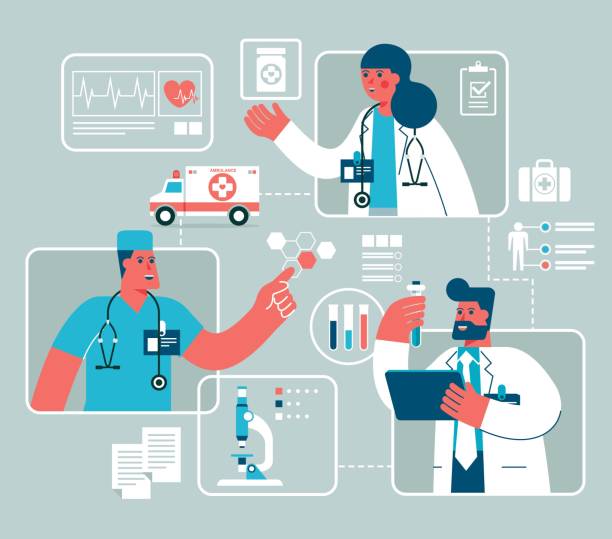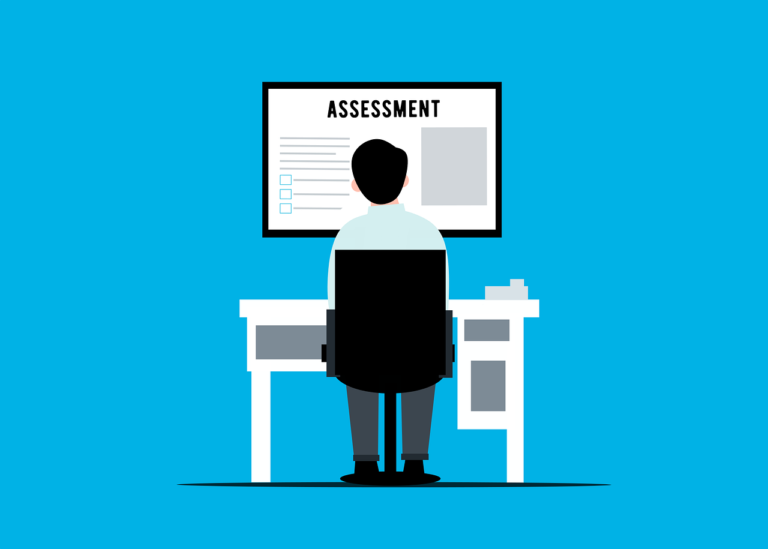Book Appointment Now

Is the Use of AI in Nursing Beneficial or Detrimental to Patient Care?
The rapid advancement of technology has introduced artificial intelligence (AI) into many aspects of healthcare, including nursing. The use of AI in nursing has sparked debate, with some hailing it as a revolutionary tool that can improve patient outcomes and streamline nursing tasks, while others worry about the potential for negative impacts on patient care and nurse job security. This article will explore both the benefits and challenges of integrating artificial intelligence in nursing practice, evaluating its role in shaping the future of healthcare.
Get a custom nursing essay about the use of Artificial Intelligence in healthcare assignment? ![]()
Is the Use of AI in Nursing Beneficial or Detrimental to Patient Care?
The Benefits of Artificial Intelligence in Nursing
Enhancing Patient Care and Outcomes
One of the most significant advantages of AI in healthcare is its ability to enhance patient care through better decision-making and faster diagnosis. AI algorithms can analyze vast amounts of patient data, identify patterns, and provide predictive insights that assist nurses in making informed decisions. This can lead to quicker interventions, more accurate diagnoses, and ultimately improved patient outcomes.
In critical care environments, AI technology is already being used to monitor patients’ vital signs and alert nurses to potential health deteriorations in real-time. This early detection can be life-saving, especially in high-stakes settings like the intensive care unit (ICU) or emergency room. By offering more precise recommendations and reducing human error, AI in nursing supports better patient care.
Streamlining Administrative Tasks
Another advantage of AI in nursing practice is its ability to automate routine administrative tasks, such as scheduling, documentation, and data entry. By reducing the time nurses spend on these time-consuming tasks, AI allows them to focus more on direct patient care. This shift not only improves efficiency but also reduces nurse fatigue, helping to alleviate some of the stress and burnout often associated with the profession.
Additionally, AI can assist in managing patient records, ensuring that information is accurate and up to date, which further improves patient safety and communication between healthcare providers.
The Drawbacks of AI in Nursing
Risk to Nurse Job Security
Despite the clear benefits, the increasing use of AI in nursing raises concerns about job security for nurses. As AI systems become more sophisticated, there is growing fear that certain nursing tasks could be automated entirely, potentially leading to job displacement. Some worry that AI could replace nurses in areas such as patient monitoring, data analysis, or even aspects of direct care like medication administration.
While AI is unlikely to fully replace human nurses, the fear of job loss could deter some from embracing technological advancements, creating resistance to AI integration in the workplace. Nurses bring emotional intelligence, empathy, and critical thinking to patient care, which AI cannot replicate, but the uncertainty about the future of nursing roles remains a valid concern.
Potential Impact on Patient-Nurse Relationships
Another downside to the increasing use of AI in healthcare is its potential to weaken the patient-nurse relationship. Nursing is a profession deeply rooted in empathy, communication, and human connection—qualities that machines cannot replicate. As AI takes over more clinical and administrative tasks, there is a risk that nurses may have less face-to-face time with their patients, potentially diminishing the therapeutic relationship that is crucial for holistic care.
Patients may also feel uneasy or depersonalized if they perceive that AI is replacing human judgment in their care. The balance between technology and human touch must be carefully maintained to ensure that AI enhances rather than diminishes the nurse-patient relationship.
Balancing AI and Nursing Expertise
To fully harness the potential of AI in nursing, a balance must be struck between leveraging technology for efficiency and preserving the human aspects of nursing care. Rather than replacing nurses, AI should be seen as a tool that complements and enhances their abilities. In this way, nurses can use AI to access more accurate data, improve decision-making, and enhance patient care, while still providing the empathy and personal connection that patients need.
Nurses will need to be trained not only to use AI tools but also to understand how to interpret and act on AI-generated recommendations. This will require ongoing education and a shift in nursing curricula to prepare future nurses for working alongside technology in a collaborative manner.
The use of AI in nursing offers both benefits and challenges. While AI has the potential to improve patient outcomes through faster diagnoses, better data analysis, and more efficient workflows, it also raises concerns about nurse job security and the possible depersonalization of patient care. Striking a balance between technological advancements and the human aspects of nursing is essential to ensuring that AI in nursing practice remains beneficial to both patients and healthcare professionals. By integrating AI in healthcare thoughtfully, nurses can continue to provide high-quality, compassionate care while embracing the advantages that AI offers.







